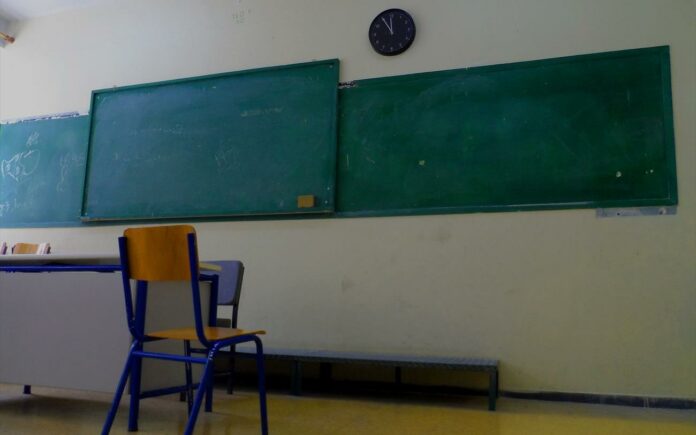Dr Xeni Dassiou
Centre for Competition and Regulatory Policy Director
City University London
Even before the economic crisis Greece’s education sector was unreformed, lacking independent evaluation mechanisms that would provide incentives to promote value for money and ensure efficient usage of resources. As a result the economic crisis hit a sector that was cost inefficient, bloated and characterised by unequal access, leading to a sharp increase in under provision (in the form of teachers and materials shortages).
While Greece’s spending on education as a percentage of the GDP still is one of the lowest in Europe, the 2011 OECD report highlights that pupils to teacher ratios are very low compared to the OECD averages. Moreover, net teaching time is strikingly lower than both OECD and EU averages, leading to high salary costs in education, despite low teacher salaries. Part of this inefficiency arises from the geography of Greece as nearly half of elementary school pupils attend small schools that are scattered across islands and mountainous regions. In addition younger and less experienced teachers have to teach more, while the progression rules favor senior teachers rather than well qualified and effective ones. Obviously this system lacks meritocratic criteria in staff selection and incentives for promoting excellence in education.
Unfortunately, many of the OECD policy recommendations were either never implemented (e.g. teaching hours) or reversed (e.g. pupils/teacher ratios). While there is recently talk of implementing some recommendations, this misleadingly links sensible reforms, which should have been implemented when the Greek economy was growing, to austerity measures in the minds of parents and pupils.
While only 6-7% of all pupils attend private schools, private cramming groups (phrontistiria) constitute a shadow system that has flourished since the mid-1990s. In 2008 spending on phrontistiria was an average 20% of a household’s expenditure, with prices for daily 3-hour lessons at around 500 euros per month. The reduction of median income by one–third and unemployment shooting up to 25% since the start of the economic crisis has meant that affluent families are able to afford to more time in these classes. The existence and subsequent enlargement of this gap in affordability clearly violates the principles of equal opportunity and accessibility in education. Moreover, as many public school-teachers also work in tuition centres to supplement their low salaries, the students may be taught by the same teacher at school and the tuition centre creating an obvious conflict of interest leading to perverse incentives.
Greek universities have fared better; they have harmonized their degree programs and adopted quality assurance through the establishment of mechanisms for external and internal evaluation under the Bologna Process, in order to gain access to research funding from the EU. Still tertiary education is characterized by inefficiency: Greece has the highest number of tertiary education enrolments per 100,000 people (OECD 2011), but graduation rates are low. The performance of Greek universities continues to be meager, with low rankings in league tables, while the unemployment rate among graduates is 20%.
Universities need to strengthen their staff progression system by adopting a more objective approach to quality using as criteria the number of publications, the ranking of the academic journal where the publication occurred and research grants, while ending political involvement both on the academic as well as the student side as this endangers the quality of studies and academic freedom.
Greek ministers have little opportunity to oversee the implementation of a specific policy during their short tenures, with various implementations of poorly designed policies as well as frequent reversals of previous changes by new governments. Additionally, there is high resistance to reforms,. Greece urgently needs the establishment of an independent regulator responsible only to the parliament to safeguard the consistent implementation of policies and guarantee continuity by monitoring and enforcing with its primary duty to protect the interests of its users. The anxieties of the citizens – parents and pupils – should be explained making the necessity for specific reforms being understandable and desirable.
*This article is part of a feature regarding the Greek crisis, within the context of a cooperation between “Naftemporiki” and “DIW Berlin”. It is based on the research “The Greek crisis: A Greek tragedy?” and expresses the personal opinion of the author.














